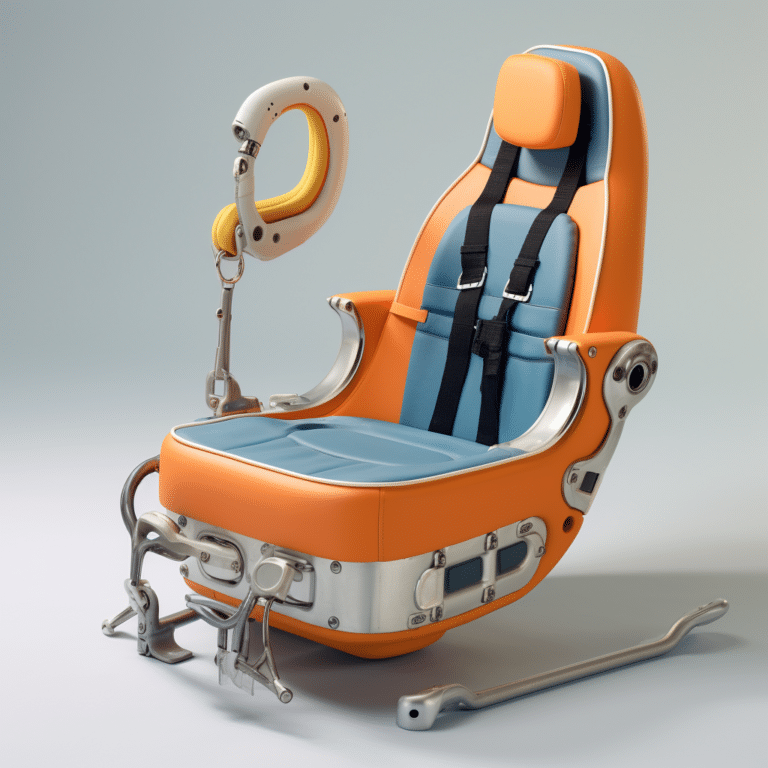Can You Drink Coffee While Taking Meloxicam?
Meloxicam is a non-steroidal anti-inflammatory drug(NSAID) prescribed for the relief of symptoms of rheumatoid arthritis, osteoarthritis, and juvenile arthritis. NSAIDs are known to cause stomach upsets and in some instances, ulcers.
Can I Drink Coffee While Taking Meloxicam?
Coffee can aggravate these side effects and is therefore not recommended while taking Meloxicam drugs. To understand why it may be unsafe to drink coffee while taking Meloxicam, we take a deeper look at how it works.
What Is Meloxicam
Meloxicam is a member of therapeutic drugs known as non-steroidal anti-inflammatory drugs. Its primary purpose is to reduce pain, fever, inflammation, and blood clots in patients suffering from rheumatoid diseases and osteoarthritis.
Other common NSAIDs include aspirin, ibuprofen, naproxen, and celecoxib. Meloxicam is a prescription-only drug found over the counter by most chemists. It is available in tablets, injectables, suspensions, and capsules, manufactured and marketed under different brand names.
How Meloxicam Works
Meloxicam works by blocking an enzyme known as cyclooxygenase (COX) that converts arachidonic acids into prostaglandins, mediators of inflammation. By reducing the production of prostaglandins, meloxicam helps relieve fever and reduce inflammation and associated pain.
Side Effects of Meloxicam
Meloxicam, like any other NSAIDs, can cause severe side effects that can be mild, severe, or life-threatening. When used for a prolonged period or in high doses, it could increase the risk of fatal heart attacks and stroke.
Common Side effects include;
- Abdominal pains, upset, gas, and bloating.
- Diarrhea.
- Indigestion and heartburn.
- Nausea.
- Dizziness.
- Headache.
- Itching.
- Salt and fluid retention
- High blood pressure.
- Cold and flu symptoms.
Life-threatening side effects of meloxicam that require immediate medical attention include;
- Stomach or gastrointestinal tract bleeding. You can tell you are bleeding if you see bloody, tardy, or black stools and bloody vomit that may resemble ground coffee.
- Chest pains and difficulty breathing.
- Shortness of breath.
- Fast heartbeats and heart palpitations.
- Slurred speech, weakness or numbness on one side of the body, and blurry vision. These could be signs of a stroke.
- Sore throat.
- Jaundice.
- Unexplained weight gain or swelling of feet, ankles, and joints.
- Problems when passing urine such as painful, little or no urine.
- Allergic reactions may include swelling of lips and tongue, wheezing, rashes, hives, and convulsions.
Precautions While Taking Meloxicam
As noted above, meloxicam can have severe side effects. For this reason, you need to talk to your doctor or pharmacist before taking this drug. Some of the precautions are;
Follow Instructions
It is crucial to follow your doctor’s or pharmacist’s advice while taking meloxicam. Avoid taking an over or under-dose even when you feel better or worse. It is always advisable to consult your health professional before adjusting your dosage. If you skip a dose, avoid doubling the next one.
Meloxicam may inhibit the functioning of other medications and may also be interfered with by other drugs.
Pregnancy And Nursing
Meloxicam may affect your unborn baby and can also pass through breast milk to nursing babies. If you are pregnant or are planning to conceive, let your doctor know. This drug causes delayed ovulation and may reduce sperm count, making it harder for you to get pregnant.
History Of Chronic Illness
Meloxicam can aggravate symptoms of diseases such as asthma, ulcers, bronchitis, and kidney and liver diseases. Inform your doctor if you have a history of stroke, heart attack, blood clot, stomach bleeding, liver or kidney disease, hypertension, and fluid retention.
Avoid Alcohol And Smoking
Meloxicam can cause perforations to the stomach lining. If you use alcohol and tobacco while taking this drug, it increases the risks of stomach bleeding and peptic and esophageal ulcers.
Allergies
If you are allergic to any other NSAIDs, it is advisable not to take meloxicam. Its tablet is coated with sorbitol which has fructose, hence it is unsuitable for persons with fructose intolerance.
While Using Other Drugs
Meloxicam may interfere with some drugs, and your doctor is likely to advise you so. Such include; antidepressants, blood thinners, steroids such as prednisone, and medications for hypertension and heart diseases. Consider avoiding NSAIDs as excessive use of these drugs could aggravate side effects.
Surgery
Your doctor may advise you to avoid taking meloxicam before and after coronary artery bypass surgery(CABG). However, in instances such as dental and knee surgery, meloxicam may be used to relieve pain and prevent inflammation.
How Coffee Interacts With Meloxicam
Drinking coffee while taking meloxicam could increase the severity of side effects. Some of the reasons for such severity are;
- Coffee might slow blood clotting, and taking it with meloxicam could increase the chances of bruising the intestinal lining and hence bleeding.
- Coffee might increase the chances of cancer of the esophagus, and taking it with meloxicam could make the condition worse.
- Drinking coffee might increase high blood pressure in hypertensive persons. It gets worse when combined with meloxicam, which also causes a rise in blood pressure.
- It could aggravate irritable bowel syndrome in persons taking meloxicam.
- Coffee may increase the amount of calcium flushed out of the body through urination and thus lead to osteoporosis. This could be counterproductive when seeking to relieve symptoms of osteoarthritis.
Final Thoughts On Meloxicam
- Store meloxicam in a cool, dry place away from sunlight at room temperature.
- Open the blister pack when you are ready to take your medication.
- Avoid adjusting dosage without advice from your doctor.
- Always store medicines away from the reach of children.
- Avoid use in children under two years.
- Read the label before you take your drug, and pay attention to the expiry date.
- Consult your doctor or pharmacist when you experience unpleasant side effects.
In conclusion, it is not advisable to take coffee when taking meloxicam unless your doctor advises otherwise. Coffee could aggravate side effects such as spikes in high blood pressure, stomach bleeding, ulcers, and slowed blood clotting.






